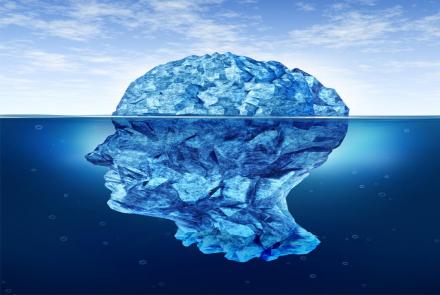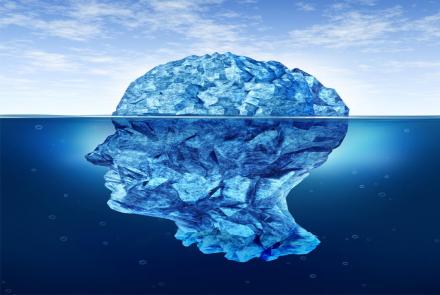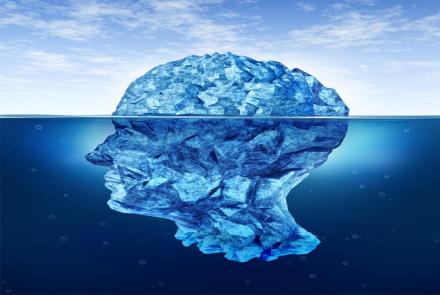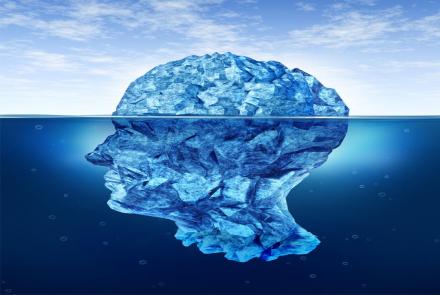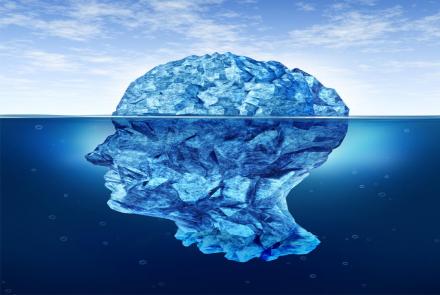Different types of Stroke are:
Thrombotic stroke: This kind of stroke occurs when blood flow to the brain is blocked by a blood clot in a blood vessel.
Embolic stroke: This is caused when a travelling particle like fat, air, cancer cells or clump of bacteria in the blood stream blocks a blood vessel in the brain.
Haemorrhagic stroke: This is caused by a breakage or rupture of a blood vessel in the brain leading to bleeding within the brain.
Silent stroke: This does not have any…
Latest Stories
- Here are some of the general symptoms noticed in a stroke: Sudden-onset face weakness Arm drift (ie, if a person, when asked to raise both arms, involuntarily lets one arm drift downwards) Abnormal speech Some symptoms depend upon the part of brain involved. If the brain stem (the part that joins the brain to the spine) is affected, it may result in the following: Altered smell, taste, hearing or vision (total or partial) Drooping of eyelid and weakness of eye muscles Decreased…
- Can it be prevented? You can lower your risk of getting a stroke by doing the following: Control and reduce high blood pressure Avoid fatty foods Avoid high carbohydrate intake Do not smoke tobacco Control your diabetes Stay active Manage your heart
- What causes a stroke? • Lack of blood flow caused by a blockage, such as a blood clot, in the blood vessel • Internal bleeding in the blood vessels in the brain Are you at the risk of getting a stroke? Stroke can occur at any age. So, it doesn’t just affect the elderly. However, the chances of stroke do increase in a person who has certain risk factors. Stroke is known to have multiple factors that can increase risk, but most of these factors can be treated and medically managed.…
- Since the cause of Parkinson's Disease is not known, it is not clear how to prevent it. But make sure you exercise regularly and eat a healthy diet with more fruits and vegetables.
- Caregiving is a challenging job. Depending on the severity of the condition, you have to be prepared to do the following: Accompany the person with Parkinson’s disease for their medical appointments Install safety features around the house Get additional help if you are not around to monitor and assist the patient Additionally, remember that a good relationship and communication with the patient keeps them and you happier and healthier. Look after your own health and mental wellbeing.…
- Living with Parkinson’s disease Everyday activities can be a challenge. You can still do things but you may have to tackle it in a different way. Here are some ideas: Plan your daily activities ahead of time Do not do many things in one day Space your work throughout the day Simplify your tasks Plan periods of rest everyday If you become tired during an activity, stop and rest Avoid extreme physical activities Do not plan activities immediately after a meal. Rest after a meal Get dressed…
- Can Parkinson’s disease be fatal? Parkinson’s disease is not considered fatal. Patients cannot perform daily movement tasks unaided due to gradual worsening of symptoms, thus there is decrease in quality of life. They can however suffer complications like dysphagia. Find out how to deal with early stages of Parkinsons: http://www.patientsengage.com/conditions/early-stage-parkinsons-dealing-diagnosis
- Currently there are no treatment options available for complete cure of Parkinson’s, but supportive, medical and surgical options are available to manage the symptoms and maintain quality of life. Supportive Therapy: Depending on your condition, physical activities like walking, swimming, dance, yoga, physiotherapy play an important role in improving the quality of life. These can be done under a trained therapist. Medical Therapy: Most commonly used medication is levodopa, and Sinemet (a…





